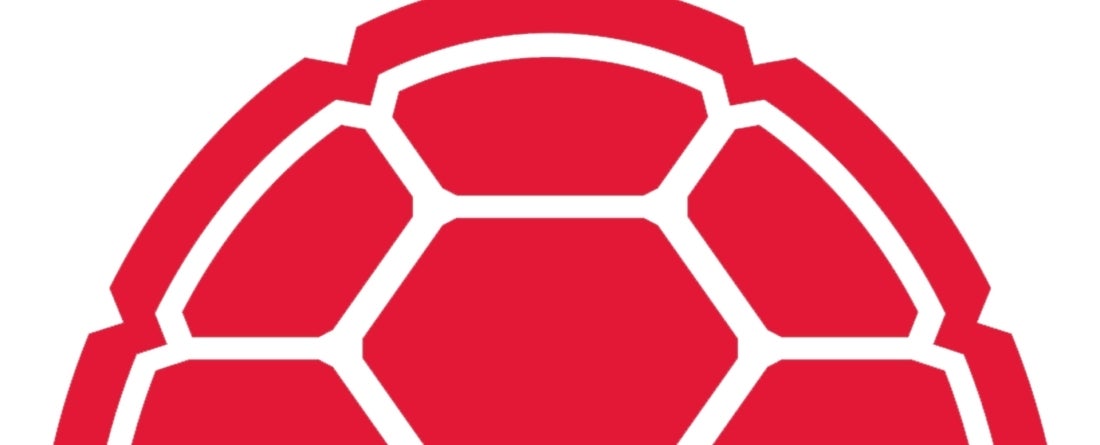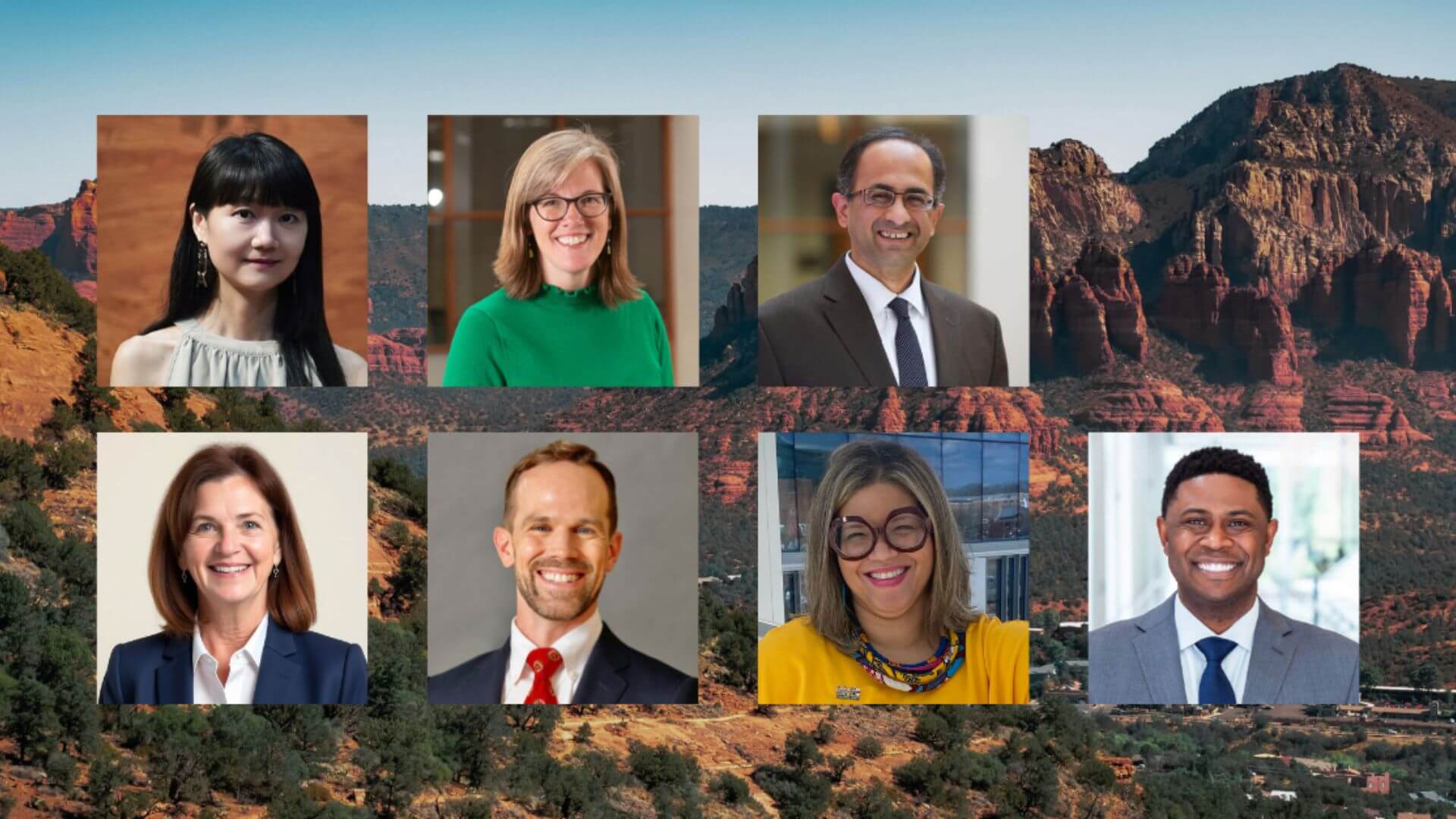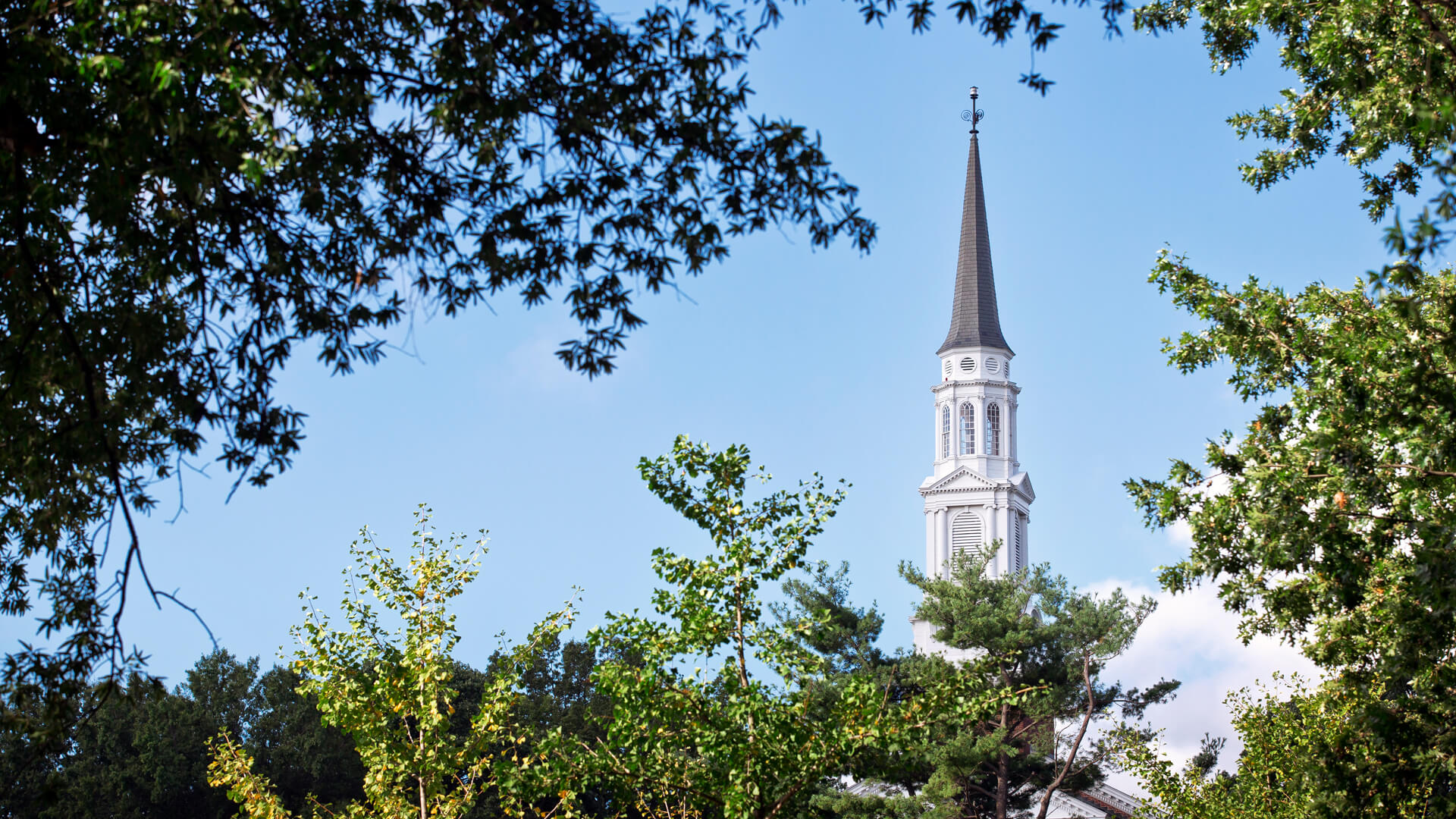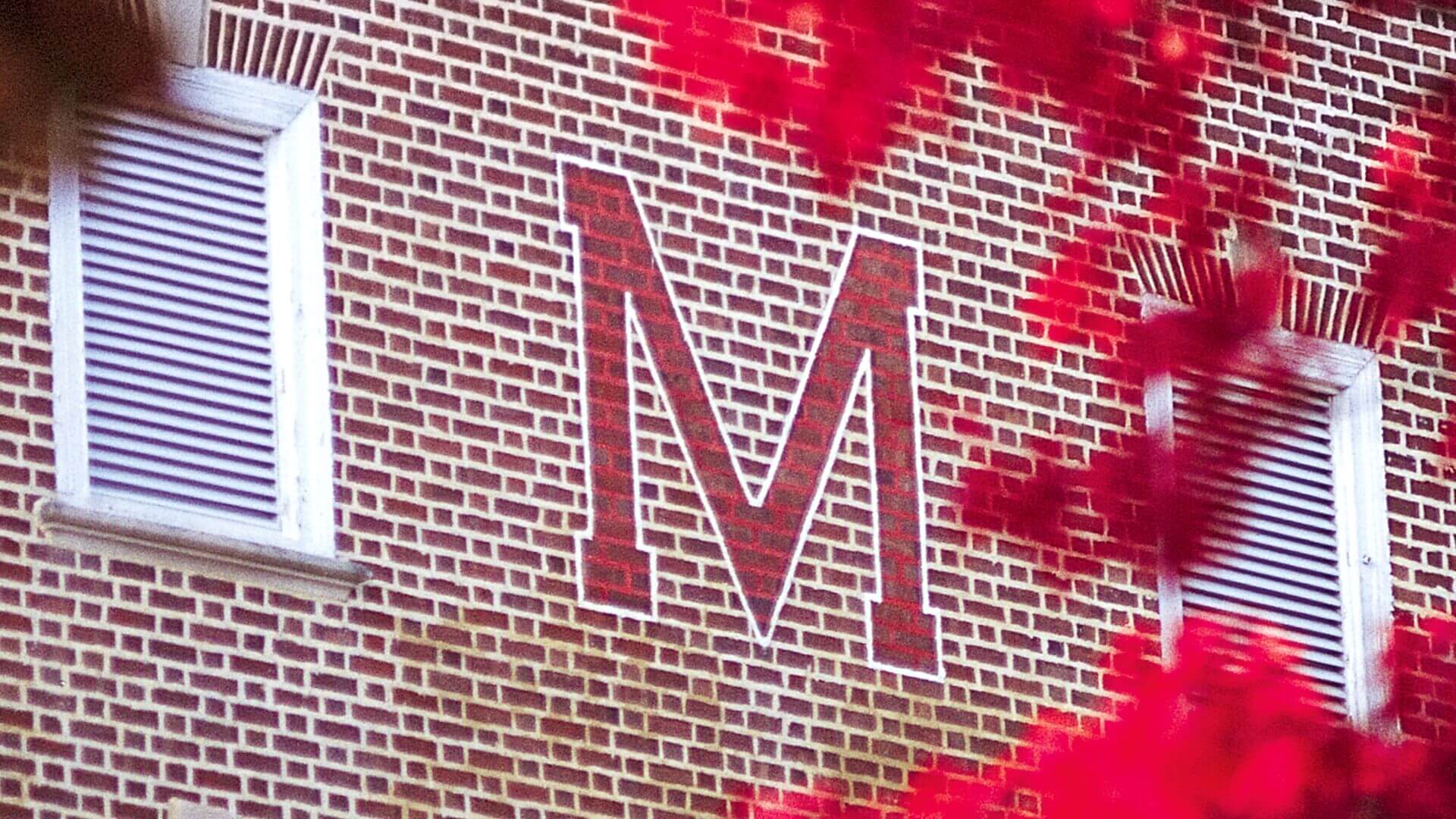
On December 5 2018, undergraduate students from three sections of “Do Good Now” courses competed in the Do Good Now Course Challenge for the chance to win $1,000 toward their projects and coaching from the Do Good Institute’s Do Good Accelerator.
Earlier this semester, students in each Do Good Now course were tasked with creating semester-long projects that create an impact for causes and issues they care about. Teams tackled issues ranging from reducing recidivism rates, healthy food access, cancer awareness, and growing mental health support for University of Maryland students.
Modeled after the annual, campus-wide Do Good Challenge, finalist teams at the Do Good Now Course Challenge presented pitches to an audience of classmates and a panel of judges that included Kisha Logan, Manager, Do Good Accelerator, Natalia Ochman, 2017 Do Good Now Course Challenge Winner and founder of Foundational Learning and Mentorship Experience (FLAME), and Sameer “Sammy” Popat, Campus Connector and Discovery District Manager.
Bob Grimm, director of the Do Good Institute, kicked off the event by encouraging students to continue with their projects after the semester, and not wait until after graduation to make an impact for the issues they care about. He emphasized, “you can make a great social impact now.”
The finalists were:
- Carving for a Cure, a team that aims to help end colon cancer and increase awareness of the disease. Carving for a Cure team members fundraise for colon cancer research by selling customized wooden coasters and by launching the “Get Your Rear in Gear” 5K-run fundraising event. Team Members include Kyle Rosenberg, Chris Mavrikes, Zain Bhaila, and Charles Grody.
- School's Out, a summer breakfast and lunch program for K-12 students relying on free and reduced price lunch programs during the school year in Prince George's County and Baltimore County. Team members include Krisbelle Ceballos, Ashira Johnson, Chiamaka Ofulue, and Lauren Pina.
- Water Under the Bridge, a group that aims to revitalize and re-inspire former convicts by helping reintegrate them into the workforce and ignite successful careers. Team Members include Sven Cruz, Franklin Franco, Kailah Hall, and VJ Whitehurst.
After the judges deliberated, all of the finalists were given feedback on their projects and ideas about how to continue making an impact after the semester ends. The judges were impressed with all of the teams, but ultimately Carving for a Cure was announced as the winner of $1,000 and continued support and coaching from the Do Good Accelerator.
During the competition, three semi-finalist teams were also given the chance to give two-minute lightening pitches for a chance to receive coaching and support from the Do Good Accelerator. The semi-finalist teams were Campus Well UMD, a group working toaddress the mental health issues faced by more than one third of students while at UMD by providing a ‘one-stop’ online source for mental wellness support and to actively inform the University of Maryland community about available campus-wide resources; First Step, a team that is holding a community event to encourage University of Maryland students to share their mental health stories and unite them in a collaborative effort to reduce mental health stigma on campus; and United Voices, a student organization motivated to use the University of Maryland’s resources to advocate for the Syrian Refugee Crisis and reform immigration policy.
After the three semi-finalists pitched, the audience had the chance to text-to-vote for their favorite semi-finalist team. The vote was very close, but in the end Campus Well UMD won the audience choice award and will receive coaching to continue to develop their project.
Do Good Now courses are offered to students through the School of Public Policy, the College of Behavioral and Social Sciences, iGive and Honors. This was the first time a Do Good Now course was offered in the fall semester. This semester’s courses were taught by Toby Egan, Tricia Homer, and Joannie Tremblay-Boire.



